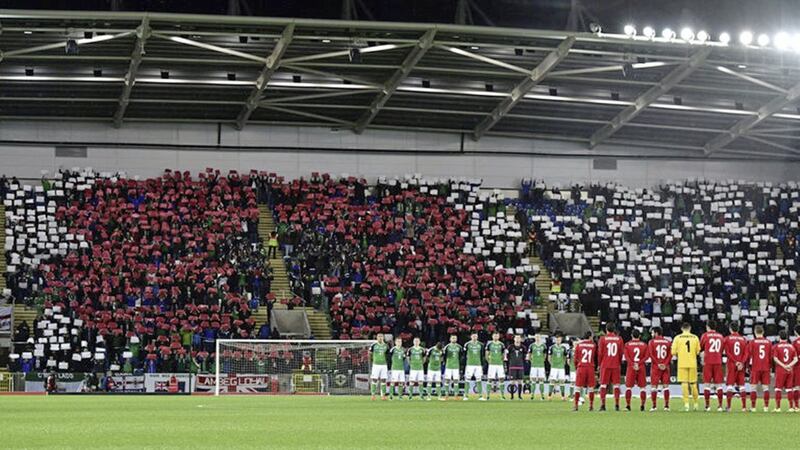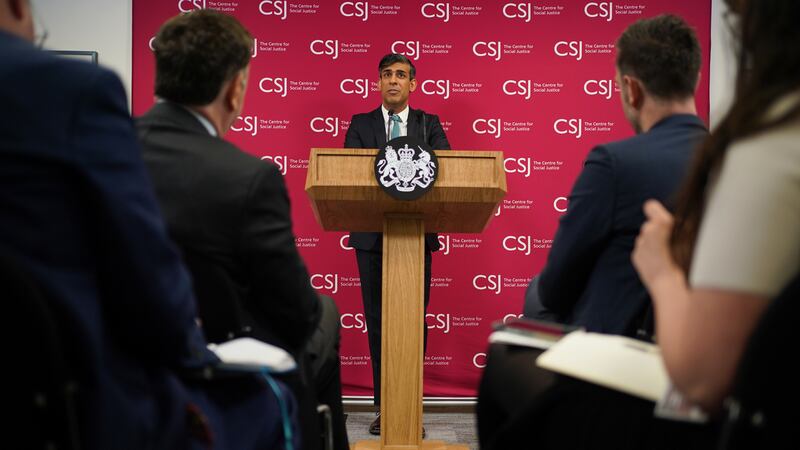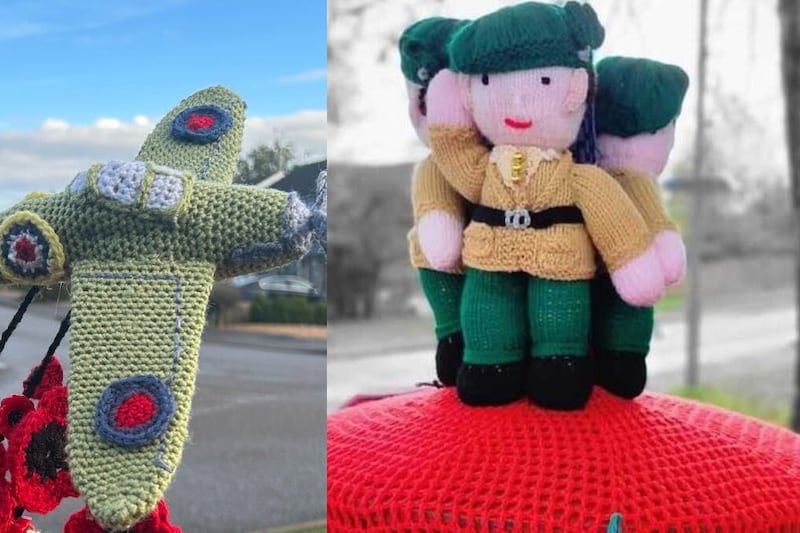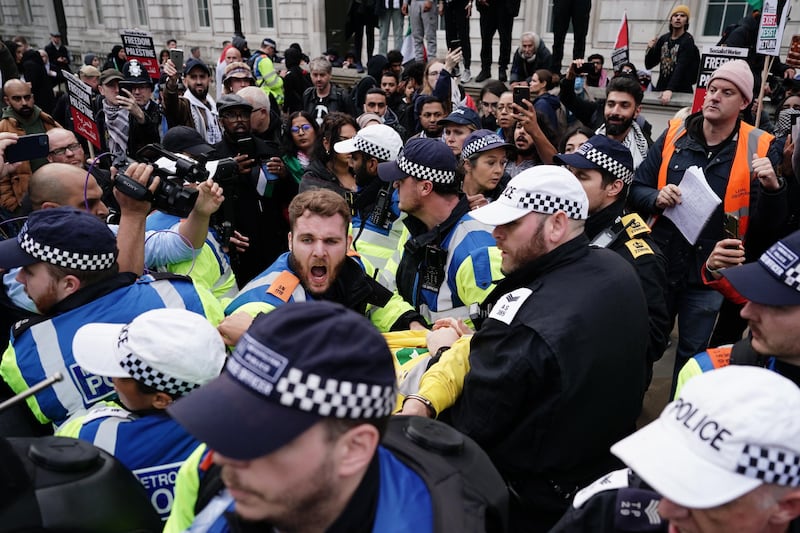NORTHERN Ireland will request permission from Fifa to wear poppies during November's international matches.
It came as part of a joint statement by the `Home Nations' (England, Scotland, Wales and Northern Ireland) yesterday.
In it the four associations welcomed "the new clarification... by The International Football Association Board (The IFAB), in close cooperation and agreement with FIFA, governing what can and cannot be worn on players' shirts".
"It was important that clarity was brought to this issue as it affects many football matches/competitions throughout the world and is particularly helpful in relation to remembrance and poppies," they said.
"In any year when there are international matches in the week leading up to and including Remembrance Sunday, it is the intention of all four home nations to seek permission from the opposition team and FIFA (as the authority responsible for those matches) to display the poppy on armbands."
The change in law came last month and was widely interpreted as allowing the teams to wear a poppy if opposing teams and the competition organiser agree.
All four teams were fined for displaying poppies during games in November 2016.
Northern Ireland were fined for displaying it in their stadium as Fifa deemed it to be a political symbol.
England and Scotland wore the emblem on black armbands during their World Cup qualifier at Wembley.
Northern Ireland host Switzerland in the first leg of their play-off for the 2018 World Cup under the jurisdiction of governing body Fifa.
The 'nations' say they intend to display poppies to "remember those who gave the ultimate sacrifice during the First and Second World Wars".








